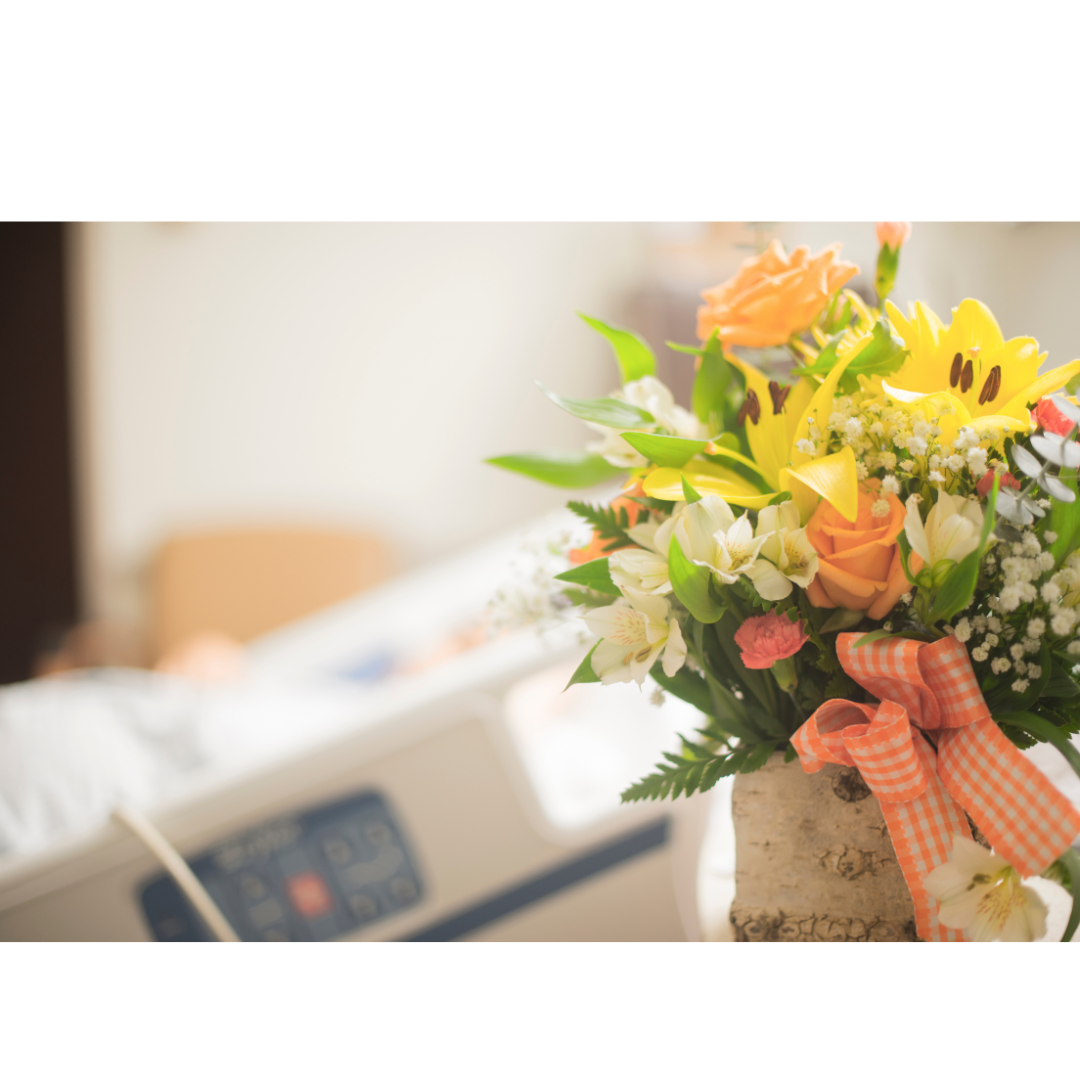Self-Compassion: Peace
Jun 16, 2025
By: Kathy Young Deegan
“This is a moment of suffering. Suffering is part of life. May I be kind to myself in this moment. May I give myself the compassion I need.” — Kristin Neff
"Your blood pressure has just dropped dangerously low. We may need to start a central line and admit you into the ICU to monitor you.”
Those words echoed in my ears one year ago, spoken by the ER doctor after I arrived at the hospital with a mysterious and rapidly worsening illness. Ten days earlier, I had undergone a routine medical procedure. What followed was anything but routine—stomach pain, night sweats, chills, and a relentless high fever. Despite being on antibiotics, my fever had spiked to 103.7 that night, prompting an unexpected trip to the emergency room.
I had always considered myself a healthy person. To find myself suddenly so vulnerable, in a sterile hospital room, hooked up to machines, and facing the possibility of intensive care, was surreal. I remember thinking, “What did I do wrong?” and “How could this happen to me?.” I held back my tears as I sat with the weight of that fear.
In a moment of desperate resolve, I asked my nurse if I could walk to the restroom at the far end of the unit. I needed to move—to regain some control over what was happening to my body. She nodded. I stood slowly, my legs weak, and shuffled forward. When I closed the bathroom door behind me, I finally let go.
I stared at the wall, steadied myself, and began a silent, direct prayer.
“Ok God, what is going on?”
“Why is this happening?”
“This is NOT okay. I DO NOT want a central line in my neck. Please. Intervene.”
It was my moment of surrender. But in the stillness that followed, another truth began to surface. I was suffering—and I needed kindness, not blame. I had done nothing to deserve this. And even if I had made mistakes, this was not the time for self-judgment.
Instead, it was a moment to offer myself grace.
Peace begins when we stop demanding perfection and begin whispering to ourselves, “I’m here. I see you. You’re doing the best you can.”
I would go on to spend five more days in the hospital. Specialists from infectious disease, gastroenterology, and oncology cycled in and out of my room. There were more tests, more uncertainty. An MRI even raised fears of something much worse. But eventually, they found the cause: a serious bacterial infection that mimicked typhoid fever.
During those long, quiet days, I focused on rest, on breathing, on relaxing. Not just in my body, but in my spirit. I stopped pushing. I stopped punishing. I simply tried to be present. And I felt grateful. Grateful for the ER doctor and incredible hospital staff who treated me with dignity and care. Grateful that in my most helpless moment, I had reached inward—and found compassion.

